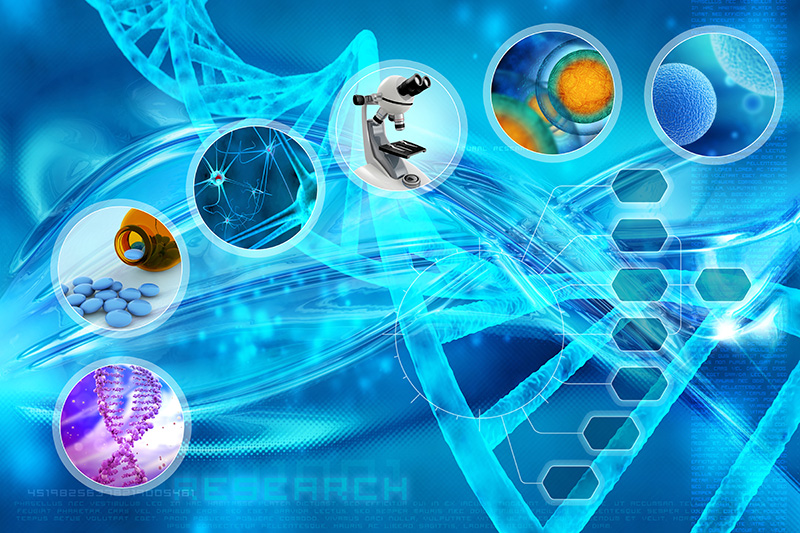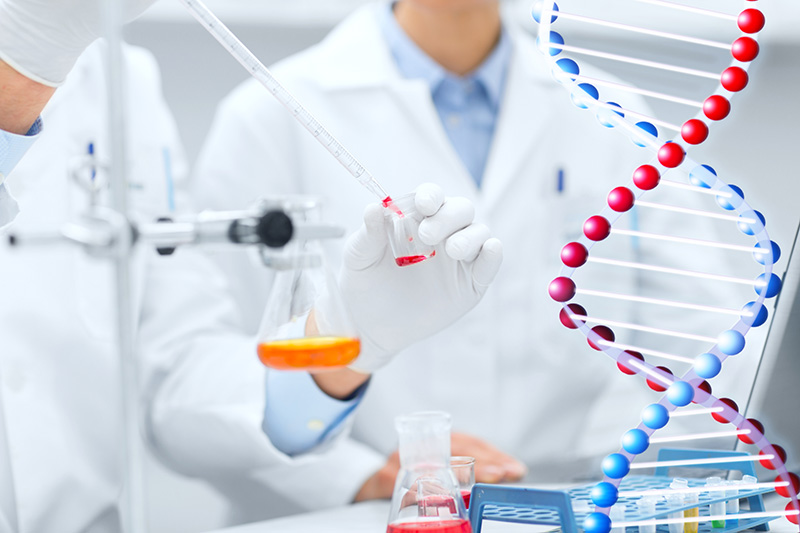Precision Medical Center
Precision Medical Center
Department Introduction
The main goal of our center is clinical application of precision medicine, we set up the precision medicine center clinic, combined with the Department of Laboratory Medicine and the Epigenetic Research Center to reach precision medicine. Many genome-based tests have been developed for detection of cancer, rare disease, genetic diseases, and microbiome in human body. Whole exome sequencing is the core technology of the Center which has been accredited by College of American Pathologists (CAP), it can detect the molecular alterations of over 20,000 protein-related genes. In addition to the whole exome sequencing, we also provide whole genome service to analyze all the changes in human genome. Completely sequenced the human 3 billion base pair sequences has the best benefit in providing accurate diagnosis and suggestion of best treatment recommendation for cancer and unknown disease. Recently, we establish a program to analyze over 700,000 single-nucleotide polymorphisms of Taiwanese genome in different diseases to explore their associations. The results will provide a disease map for Taiwanese in the future.
The Center is mainly engaged in the use of public databases, patients' genetic database and lifestyle and environmental changes, and many analytic tools, such as combination with AI and big data, to achieve accurate prediction, prevention, diagnosis and treatment to approach precision medicine and clinical application. The Center also actively collaborate with Asian University's Big Data Center and AI Institute to develop algorithms to enhance precision medicine service.
Service
Many genome-based tests are provided including leukemia genome set test, rare disease genes test, microbiome test, whole protein coding area genome (whole exome) test, whole genome test, non-invasive prenatal screening test (NIPS), whole-cancer genome test, target therapy-related gene test, specific disease-related genes test.





